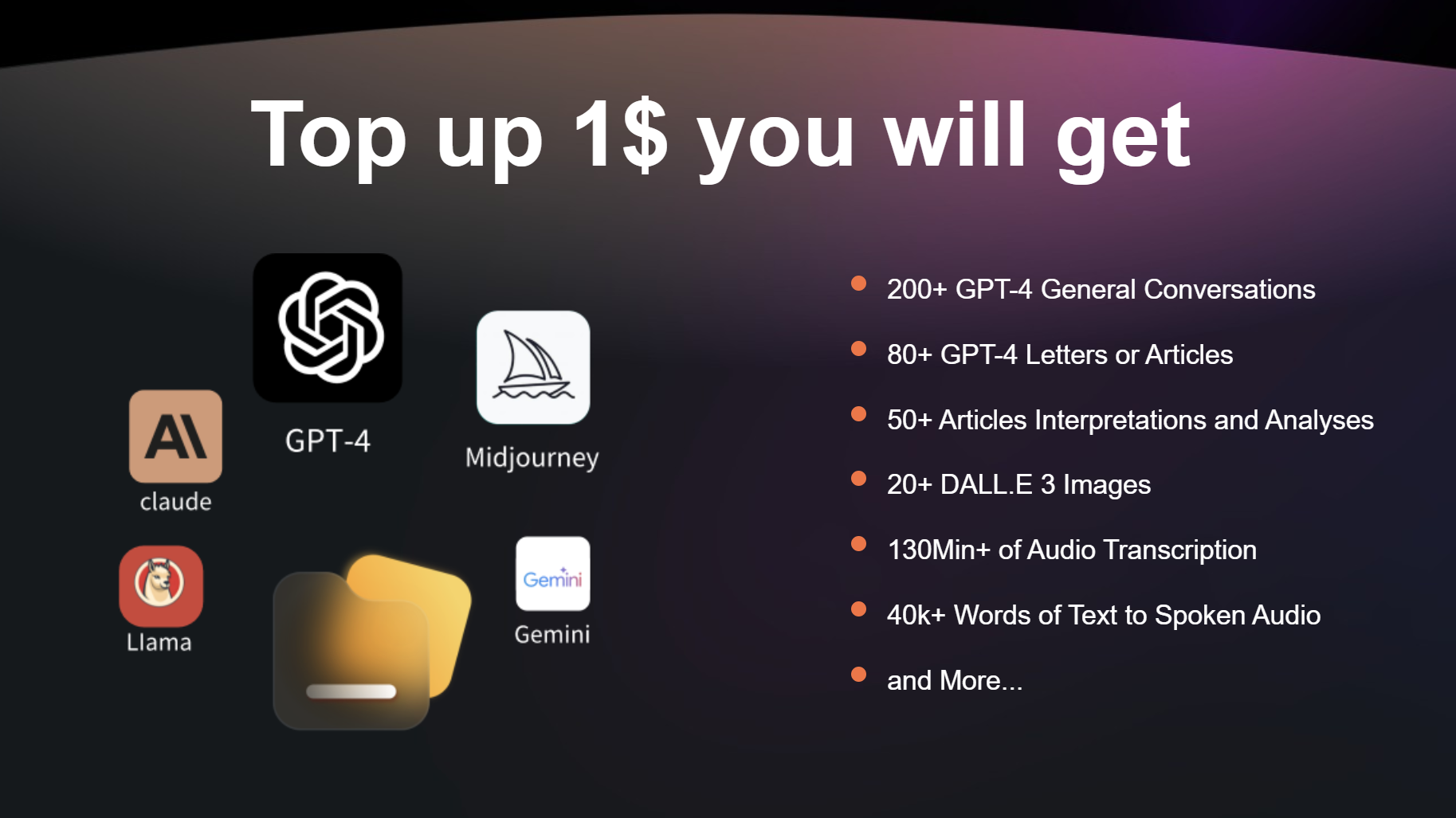Exploring Uncensored ChatGPT: Navigating the Boundaries of AI Conversations

In the ever-evolving landscape of artificial intelligence, ChatGPT stands out as a beacon of innovation, offering unparalleled interaction capabilities that mimic human conversation. However, the concept of an uncensored ChatGPT raises intriguing questions about the ethics, possibilities, and challenges associated with AI communication. This article delves deep into the uncensored realm of ChatGPT, exploring its implications and how it might shape the future of digital interactions.
Understanding ChatGPT
ChatGPT, developed by OpenAI, leverages the power of the Generative Pre-trained Transformer models to produce responses that can be astonishingly human-like. It's a leap forward in natural language processing (NLP), allowing for a wide range of applications from customer service automation to personalized education. For an in-depth understanding of GPT models, the Stanford Encyclopedia of Philosophy provides comprehensive insights into the evolution and mechanics of natural language understanding in AI.
The Quest for Uncensored AI
The notion of an uncensored ChatGPT entails a version of the AI tool without the built-in safeguards that prevent it from generating responses that could be considered offensive, biased, or inappropriate. This raises significant ethical considerations, explored in academic discussions on platforms such as Harvard University's Berkman Klein Center for Internet & Society, which investigates the intersection of ethics, governance, and artificial intelligence.
Potential and Pitfalls
Advantages of Uncensored AI Conversations
Freedom of Expression: An uncensored ChatGPT could potentially offer a platform for unrestricted creative expression, aiding in scenarios where filtering might limit the generation of content.
Research and Development: In academic and research contexts, unrestricted AI can facilitate the exploration of natural language understanding and generation in depth. The MIT Media Lab often tackles such cutting-edge topics, pushing the boundaries of what's possible with AI.
Challenges and Ethical Concerns
Risk of Misuse: Without censorship, there's a heightened risk of the AI being used to generate harmful or misleading content, underscoring the need for responsible use guidelines as discussed in resources available through the U.S. Department of Education.
Bias and Discrimination: AI models reflect the data they're trained on. An uncensored version of ChatGPT could inadvertently perpetuate biases or disseminate discriminatory content, highlighting the importance of ethical AI development practices outlined by The IEEE Global Initiative on Ethics of Autonomous and Intelligent Systems.
Navigating the Future
The development of an uncensored ChatGPT-like tool necessitates a balanced approach, weighing the benefits of unrestricted AI against potential societal impacts. It calls for ongoing dialogue among technologists, ethicists, and policymakers to craft a framework that fosters innovation while safeguarding against misuse. The National Science Foundation plays a crucial role in funding research that could lead to more sophisticated and ethical AI systems.
Conclusion
The exploration of uncensored ChatGPT opens a Pandora's box of ethical, technical, and societal challenges. As AI continues to evolve, it becomes imperative to engage in thoughtful consideration of how these tools are developed and deployed. By fostering open discussions, referencing authoritative sources, and adhering to ethical guidelines, the future of AI can be navigated responsibly, ensuring that advancements in technology like ChatGPT benefit society as a whole.
References
Stanford Encyclopedia of Philosophy. (n.d.). Natural Language Processing. Retrieved from https://plato.stanford.edu/entries/natural-language-processing/
Berkman Klein Center for Internet & Society at Harvard University. (n.d.). Ethics and Governance of AI. Retrieved from https://cyber.harvard.edu/research/ethics-and-governance-ai
MIT Media Lab. (n.d.). Exploring the Boundaries of Artificial Intelligence. Retrieved from https://www.media.mit.edu/projects/
The IEEE Global Initiative on Ethics of Autonomous and Intelligent Systems. (n.d.). Ethically Aligned Design. Retrieved from https://ethicsinai.ieee.org/
U.S. Department of Education. (n.d.). Office of Educational Technology. Retrieved from https://www.ed.gov/oii-news
National Science Foundation. (n.d.). Funding Opportunities in Artificial Intelligence. Retrieved from https://www.nsf.gov/funding/pgm_summ.jsp?pims_id=505784

